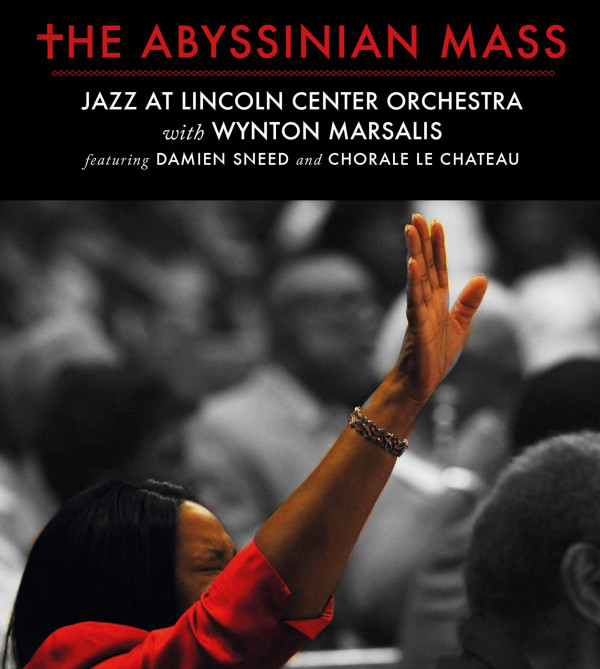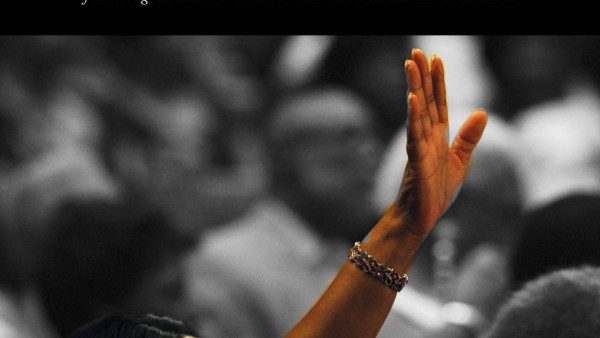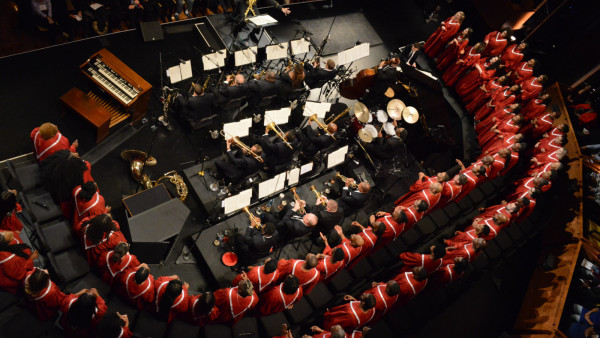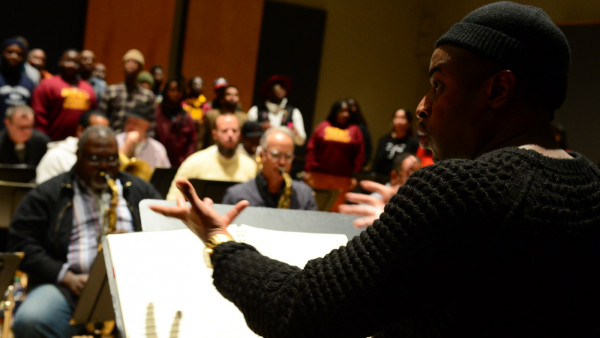Wynton Marsalis’s Abyssinian Mass brings joy to the Lincoln Center, New York
It was odd to hear the apocalyptic terror of Verdi’s Requiem one night before the sunny exuberance of Wynton Marsalis’s Abyssinian Mass. While the Marsalis, shaped like a black church service, is bracingly diverse in its evocation of jazz and gospel styles, its underlying spirit is New Orleans joy — New Orleans being where the Marsalis clan comes from.
The score’s exotic name refers not to Ethiopia but to Harlem’s iconic Abyssinian Baptist Church, which commissioned this score in celebration of its centenary. The first performance was in 2008, followed by a revival and national tour in 2013, a recording released in 2016 and now this revival for three nights in Jazz at Lincoln Center’s Rose Theater.
The Mass’s obvious antecedents are Duke Ellington’s three Sacred Concerts, but Ellington shied away from actual mass settings in favour of more contemplative meditations. This score by the Juilliard-trained Marsalis is pure jazz, historicised but superbly accomplished.
Jazz composition leaves plenty of room for improvisation, and there is ample improvisation here, not least in Marsalis’s own trumpet virtuosity. But this mass is also imaginatively composed, with some wonderful instrumental combinations. The scoring is for the 15-member Jazz at Lincoln Center Orchestra, and a large chorus — not the church’s own choir but the terrific Chorale Le Chateau, named after its founder and decisive conductor Damien Sneed. The 75 singers sounded surely blended, but from their ranks emerged fabulous soloists, oddly uncredited and excessively amplified.
Marsalis has composed a number of extended dramatic works, though he seems to have trailed off in that regard of late. The Abyssinian Mass rather runs out of steam after the intermission, and some audience attrition reflected that. There was a sermon from the Rev. Dr. Calvin O. Butts from the church, eloquent but protracted. There was a long section with the orchestra alone, virtuosically done but formally conventional in its round of solos. A good tap dancer, also uncredited, ate up more time.
The whole thing could have been profitably slimmed down, skipping the intermission. Still, what Marsalis has achieved is joyfully impressive — miles and miles from the earnest despair and fearful consolation of Verdi’s mighty Requiem.
by John Rockwell
Source: Financial Times




